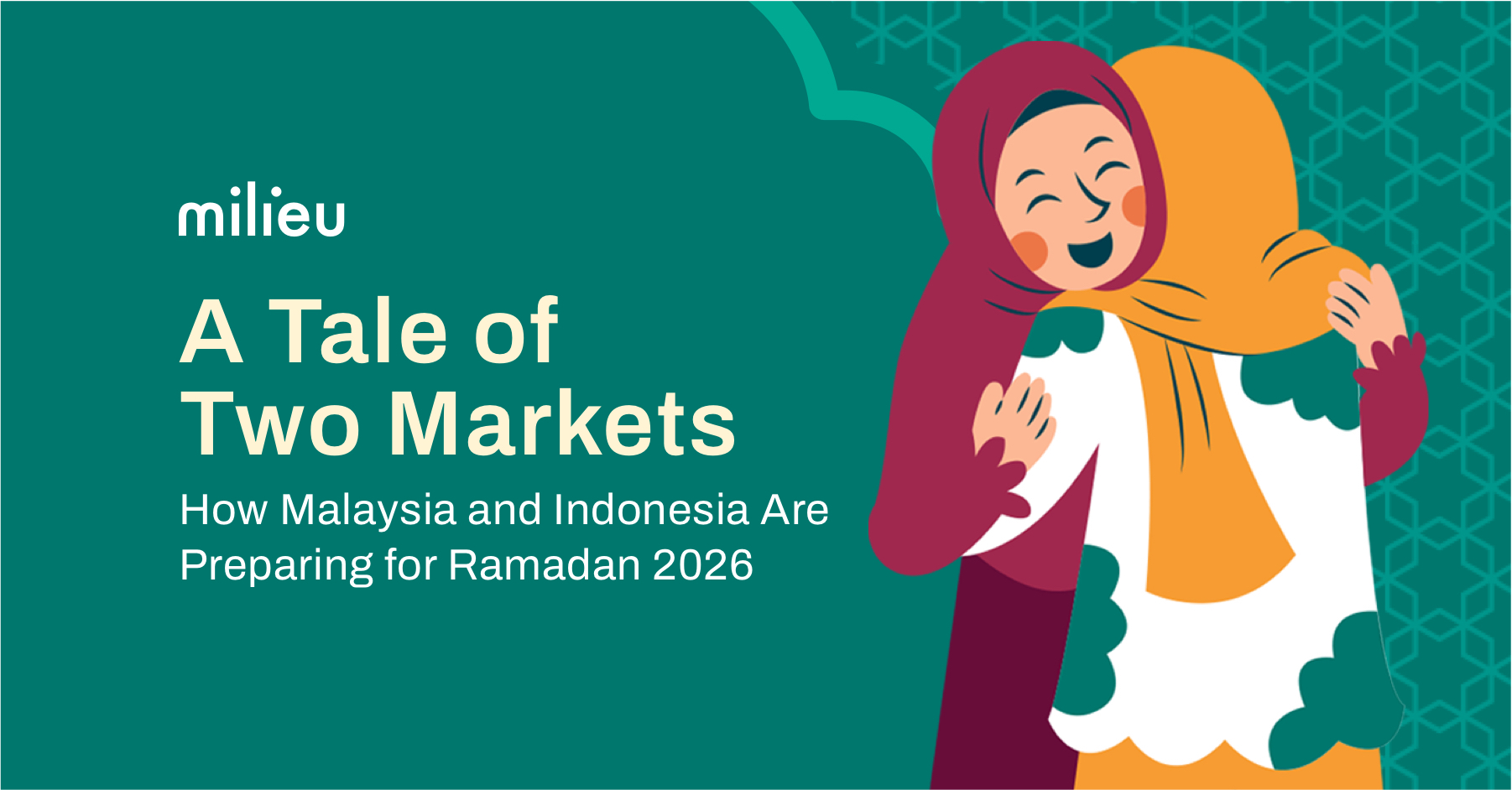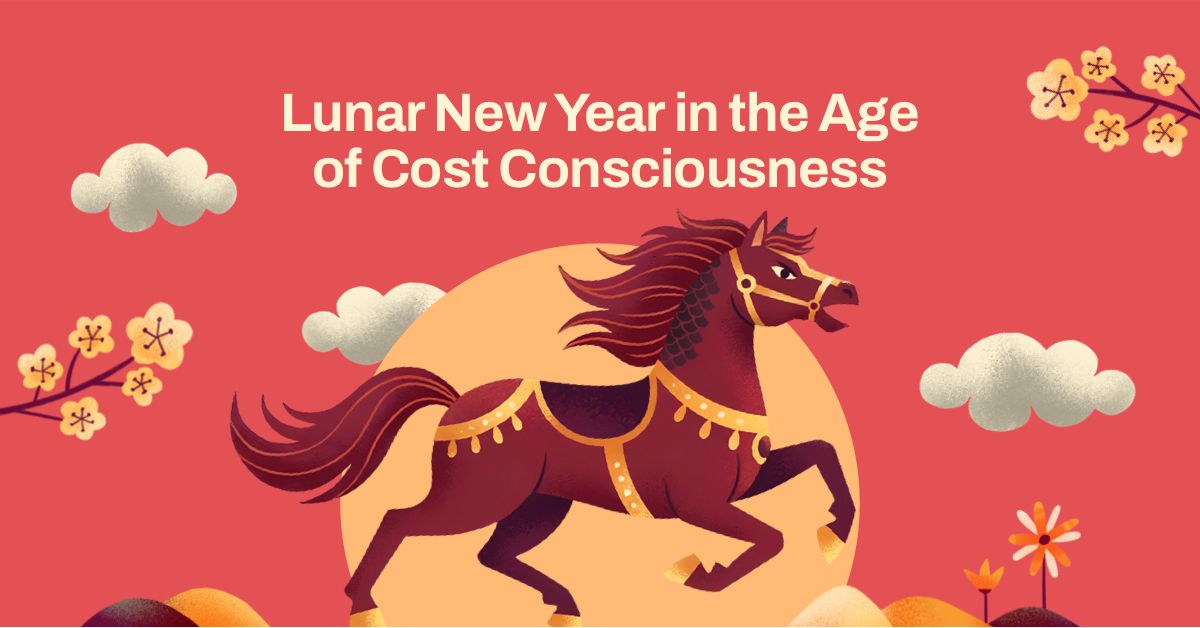Why SEA employees take less sick leave than needed.

Taking sick leave when one falls ill seems only logical, but more often than not, there are unspoken rules and pressures over why and how much sick leave an employee can take. As mental health enters conversations about employee well-being, does this awareness translate to actual leave practice in workplaces?
We conducted a study on sick leave practices to understand whether Southeast Asian employees take sick leave as they need, and their perceptions of how taking sick leave may or may not affect their performance evaluation. The study was conducted in June 2022 with N=6000 employees across Southeast Asia (N=1000 each from Singapore, Malaysia, Thailand, Indonesia, Vietnam and the Philippines).
71% of employees have chosen not to take sick leave despite being physically unwell
While sick leave is an entitlement for employees, some may be hesitant to be absent from work despite failing ill over a combination of reasons such as presenteeism culture and high job demands.

Our study found that a significant number of employees have ever chosen not to take sick leave despite feeling physically unwell (71%) or mentally unwell (65%) for these reasons (top 3):
- Too much work to do (51%)
- Felt bad about missing work (36%)
- Worried that I’d miss out important decisions/ opportunities (31%)
Indonesia seems to be an exception in the region, with 59% and 53% saying that they did not take sick leave for physical and mental reasons respectively - but nevertheless a significant number still. On the other hand, Thailand registered the highest percentage at 83% and 72% respectively.
The subtle and not-so-subtle ways companies discourage taking sick leave
It may come as a quiet sigh, or is implicitly reflected in one’s performance appraisal - the penalty of taking sick leave can manifest in many different ways.
In Singapore, Manpower Minister Tan See Leng said that companies should not appraise employees based on the number of sick leave they take, and that “attendance incentive schemes discourage the taking of sick leave, even if unintentionally, it contradicts the overriding principle to protect the well-being of workers”.
However, this is not always practised in companies - 48% of employees surveyed said that their companies have the practice of considering the number of sick leave taken for an employee’s performance appraisal.

Should that be so? At least 5 in 10 Southeast Asian employees said yes, skewing higher towards those in Indonesia (67%), Vietnam (62%) and Malaysia (61%). Singapore registered lowest at 34%.
Mental health talk needs to be officially and clearly reflected in company leave policies
Mental health has taken the front stage of employee wellbeing, but how much of it is put into action?
Only 38% of Southeast Asian employees said that their current companies have a policy strictly for mental wellness leave, which is highest in Vietnam (62%) and lowest in Singapore (11%).
Different companies have varying leave policies, with some making medical certificates from doctors mandatory. The balance of accountability and discretion has to be found to protect both employers and employees’ interests. Support for mental health leave among respondents surveyed is high, with 97% saying that employees should be allowed to take sick leave when they are mentally unwell, but 43% think that employees should present proof as well. Sentiments are similar across job levels, showing that managers and employees more or less agree on how sick leave for mental health should be managed.

When are sick employees expected to return to work?
An employee’s absence of work may incur some disruption to workflow and operations, but companies ought to be prepared for such situations. Otherwise, the pressure is on employees to return as soon as possible, even if still unwell.
Employees were asked when they would usually return to work after falling sick, and the most common response was when they are ‘almost recovered, but still a little unwell’ (48%). Only 27% said that they would do so when they are fully recovered.
We also asked respondents when they think employees should return to work after falling sick, and in contrast, 69% said that employees should do so only after they are fully recovered.

The disparity between employees’ behaviour and perceived expectation when it comes to sick leave ought to be bridged with clearer communication between management and employees on sick leave policies. At the same time, management needs to be attuned to the company-wide/team cultures to suss out and correct subtle pressures against employees to return to work.
Featured on Human Resources Online
Listen to the MoneyFM 89.3 radio broadcast featuring insights from this study here.
Milieu is one of the top online panel communities in Singapore, allowing agencies to prosper in a data-driven environment. Also, look at how an employee engagement survey works.

.avif)





